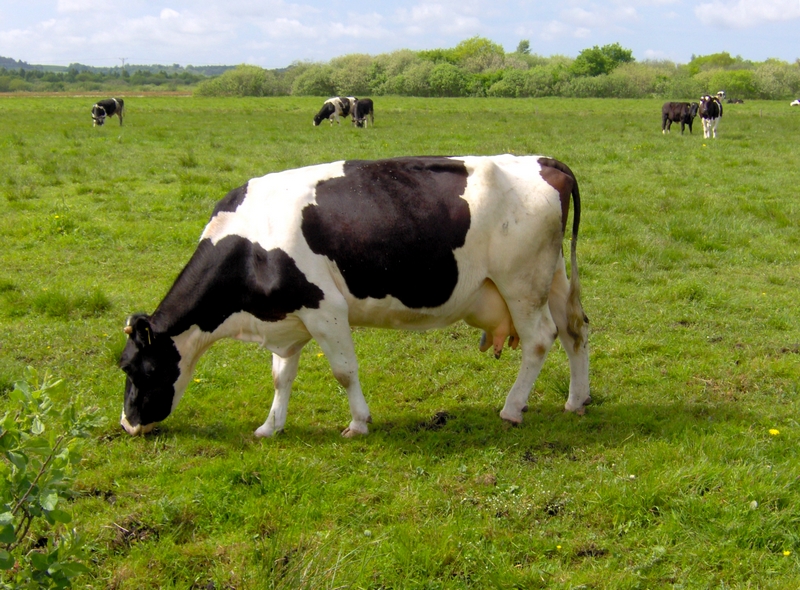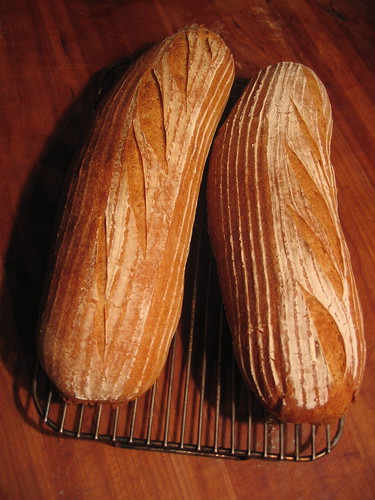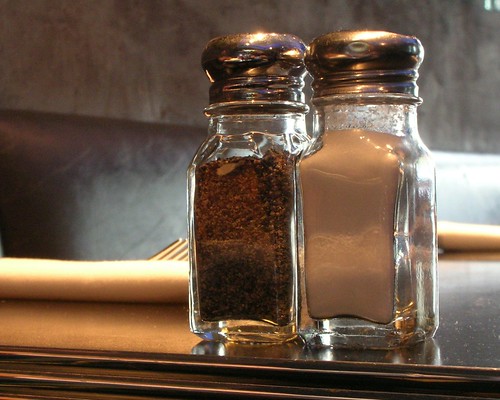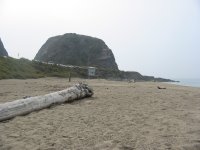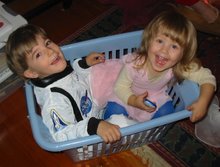Help, I Need a Cobbler!

Sometimes I have rather...apocalyptic thoughts.
Like, what if we really do hit peak oil, and we can't get food shipped from God knows where, and we have to revert to some kind of agrarian/subsistence culture? What would really happen?
Part of me thinks gleefully, all those years of playing Little House on the Prairie will finally pay off! All I have to do is whip out Farmer Boy and we'll have it made! (That book was set in Malone, which is way way farther upstate New York than we are, so things should be even easier here, right?)
That family raised their own meat, dairy products, fresh and storage vegetables, maple sugar, grains...plus they had time left over to raise prized Morgan horses and make soap and clothes from their own sheeps’ wool.
Then I start to think, uh, where did they get their tools? They must have had a blacksmith in town. Oh yeah, and a mill to grind all that grain. And, I remember the cobbler came every year to make their shoes, they didn't do that themselves either....
Then I think about what I know of the Amish/Mennonites, who are sort of like Farmer Boy 2006. The image of the barn raising comes to mind. Sure, they know how to create shelters, but they don't do it alone. Each person knows how to do many things, and they help each other do them. And yet, one person is the best furniture maker, one is the best harness maker, one makes the best blueberry pie.
So maybe it's better that there are some specialists. The work is distributed among more people, expertise can be applied more efficiently, and social interdependence is reinforced.
Then I think, what do I know how to do that is practical? I come up with a very short list:
1. knit
2. crochet
3. wool felting
4. sew (by hand and machine)
5. cook
6. um, copy edit
7. um, basic HTML????
These items aren't really that helpful (well, except for clothing and warm hats) when you think about actual self-sufficiency. I could probably figure out how to grow some vegetables (Where would I get the seeds? When is the right time to plant? How do you can or preserve them for winter?) And I bet I could at least take care of fairly independent animals like chickens and goats (What kind of shelter do they need? How much land is required for forage? How are they butchered for meat?)…OK maybe I would still need some help here.
Sometimes I wonder how much more powerful and capable I would feel if I knew how to do more practical things. In a sense it's as if we are trapped in a materialistic culture, but yet don't know how any of our material things are produced. Rudolf Steiner talks about this in a lecture about education:
It is actually the case today that most people, especially those who grow up in towns, have no idea how things, paper for instance, are made.... Think of how many people there are who drink beer and have no idea how the beer is made.... I would dearly like to have a shoemaker as a teacher in the Waldorf School, if this were possible...in order that the children might really learn to make shoes, and to know, not theoretically but through their own work, what this entails...This lecture occurred in 1924; how much farther are we from practical knowledge of our surroundings today? How many of us could explain to a child how our houses are built, how our food is produced, how our clothes are made? Not to mention the glasses on my face, or the computer screen they help me see!
The Kingdom of Childhood, Lecture 7
I think this form of interdependence (being dependent on others in an infantile way because we can't possibly understand how to make something) isn't beneficial. It's almost as if we've surrendered our will to others, to allow them to create our surroundings for us.
There are economies of scale, like with a blacksmith, miller, or wagon maker, where the level of knowledge, required tools, and materials make it reasonable to depend on experts. But sometimes the fact that I couldn't tell you how to even keep chickens or make a pair of shoes makes me a bit depressed.
